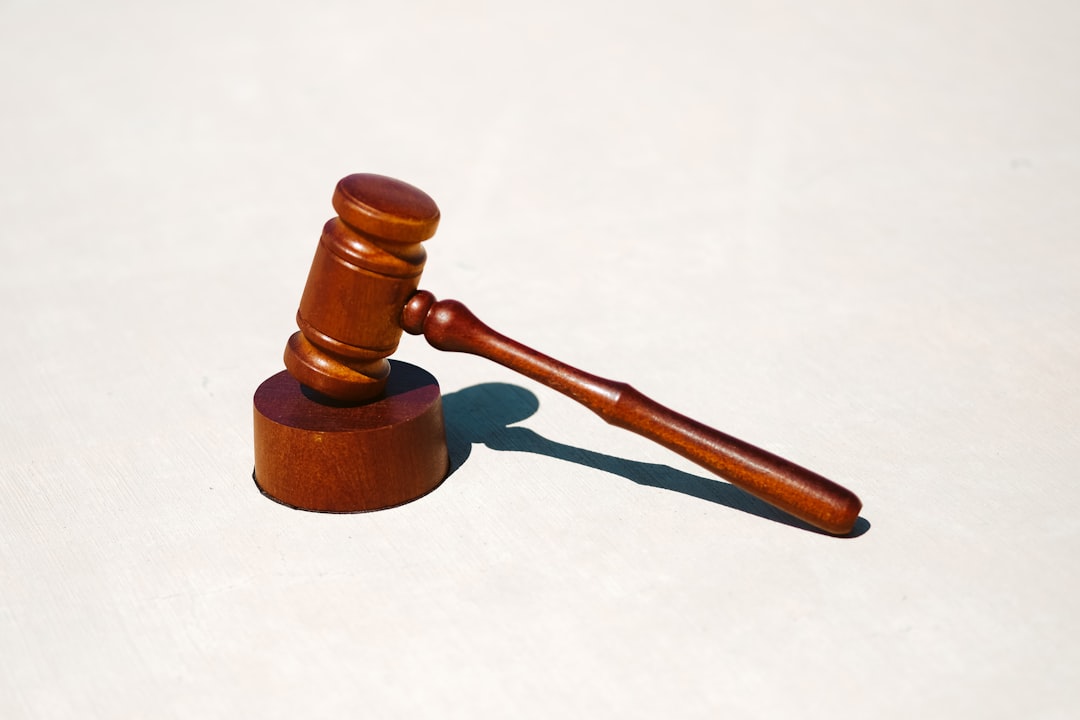In Michigan, both state and federal laws, like the Fair Debt Collection Practices Act (FDCPA), safeguard debtors from abusive collection practices. A debt collector attorney in Michigan helps navigate these regulations, ensuring creditors follow legal guidelines for debt verification and communication with debtors. Debtors with rights violations can file civil lawsuits or criminal charges against unethical collectors facing severe penalties. When dealing with debt collectors, maintain composure, document your debt details, and consult a debt collector attorney for expert legal guidance to uphold Michigan's consumer protection laws.
In Michigan, debt collection laws are designed to protect both debtors and creditors, ensuring fair practices. This guide simplifies the complex regulations. We’ll walk you through your rights as a debtor and the responsibilities of debt collectors, including the role of a debt collector attorney. Learn about legal actions and penalties for unfair practices, and discover effective strategies for handling debt collectors. Understanding these laws is key to navigating Michigan’s debt collection landscape with confidence.
Understanding Debt Collection Laws in Michigan

In Michigan, both state and federal laws regulate how debt collectors can interact with debtors. Understanding these laws is crucial for anyone dealing with debt collection efforts. A debt collector attorney in Michigan can help navigate this complex landscape to ensure your rights are protected.
Debt collection practices must adhere to the Fair Debt Collection Practices Act (FDCPA), a federal law designed to prevent abusive, unfair, or deceptive acts by collectors. Additionally, Michigan has its own debt collection laws that complement the FDCPA, providing further safeguards for consumers. These laws limit when and how often collectors can contact you, require valid proof of the debt, and mandate fair and honest collection practices.
Rights of Debtors: What You Need to Know

In Michigan, debtors have specific rights when dealing with debt collectors. Knowing these rights is crucial for anyone facing debt collection efforts. According to Michigan law, debt collectors must provide clear and accurate information about the debt they are attempting to collect. They are prohibited from using intimidating, false, or deceptive statements, and they cannot harass or abuse you in any way. This includes calling at unreasonable times or using profanity.
If you feel your rights have been violated by a debt collector, it’s wise to consult with a debt collector attorney in Michigan. A legal professional can guide you through the process of asserting your rights, filing complaints if necessary, and ensuring that debt collectors adhere to state laws. Understanding these protections is an essential step in managing your debt situation effectively.
The Role of a Debt Collector Attorney

In the state of Michigan, a debt collector attorney plays a crucial role in navigating complex legalities surrounding debt collection practices. These attorneys are experts in understanding and enforcing Michigan’s debt collection laws, ensuring that both creditors and debtors are protected under the law. They act as intermediaries, helping to resolve disputes and ensure fair treatment throughout the debt recovery process.
When a creditor hires a debt collector attorney in Michigan, they gain legal representation specializing in consumer debt cases. These lawyers are well-versed in rights and responsibilities outlined in the Fair Debt Collection Practices Act (FDCPA) and state-specific regulations. They guide their clients through every step, from verifying the debt to communicating with debtors, making sure all actions comply with legal requirements. This expertise is vital for maintaining professional standards and preventing illegal collection tactics.
Legal Actions and Penalties for Unfair Practices

If a debt collector in Michigan engages in unfair or abusive practices, they can face severe legal consequences. These include both civil and criminal penalties. A debt collector Attorney Michigan can help individuals understand their rights and take action against violators. Civil lawsuits are a common outcome when a debtor believes they’ve been treated unfairly. Debtors can seek damages for any financial losses incurred due to the collector’s actions, as well as punitive damages to deter future misconduct.
Criminal penalties for debt collection practices that violate Michigan law include fines and even jail time for collectors who intentionally harass or threaten debtors. These laws are designed to protect consumers from aggressive or misleading tactics, ensuring a fair and transparent process. A debt collector Attorney Michigan can guide both parties through this legal landscape to ensure compliance and resolve disputes fairly.
How to Handle Debt Collectors Effectively

When faced with a debt collector in Michigan, it’s important to know your rights and how to handle the situation effectively. The first step is to remain calm and collected. Debt collectors are regulated by law, so they must adhere to specific rules when contacting you. Verbal interactions should be kept polite; demanding or aggressive behavior can escalate the situation unnecessarily.
Next, gather all relevant information about your debt. This includes the amount owed, the original creditor, and any documentation related to the debt. Consider consulting a debt collector attorney in Michigan if the situation becomes overwhelming or if you believe the collector is violating your rights. They can provide guidance tailored to Michigan’s debt collection laws, ensuring you are protected and treated fairly throughout the process.






